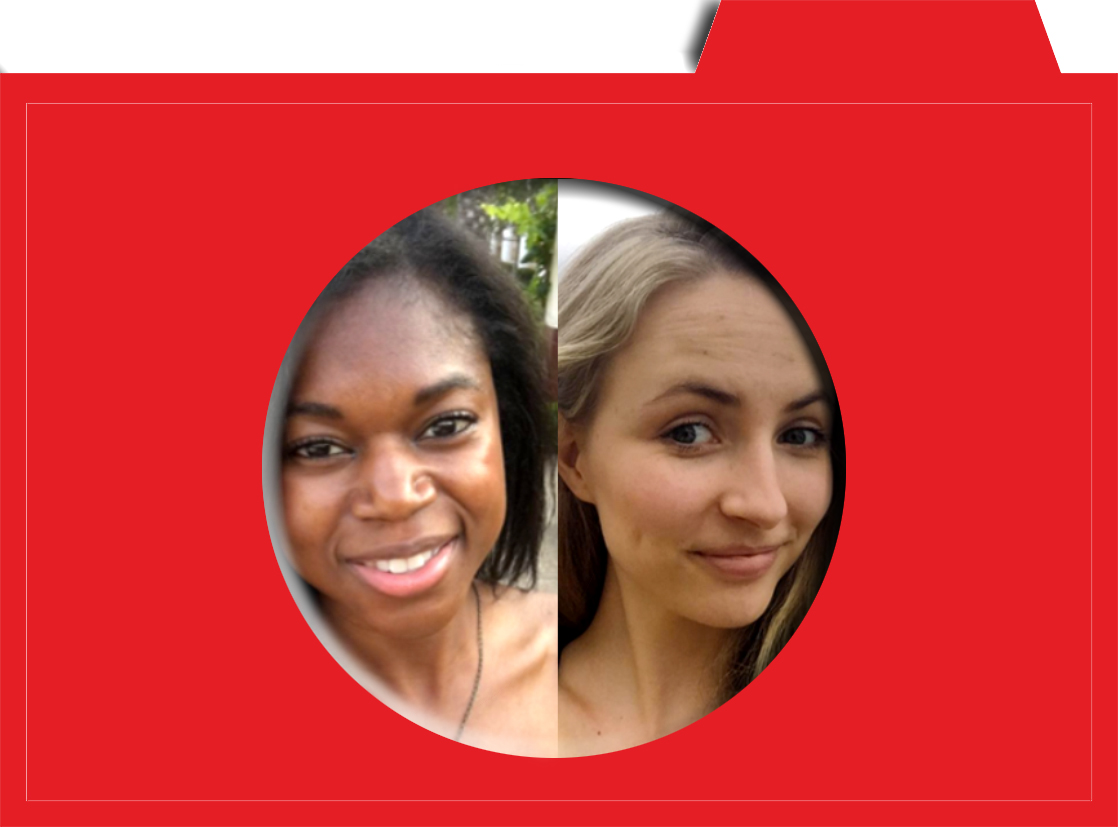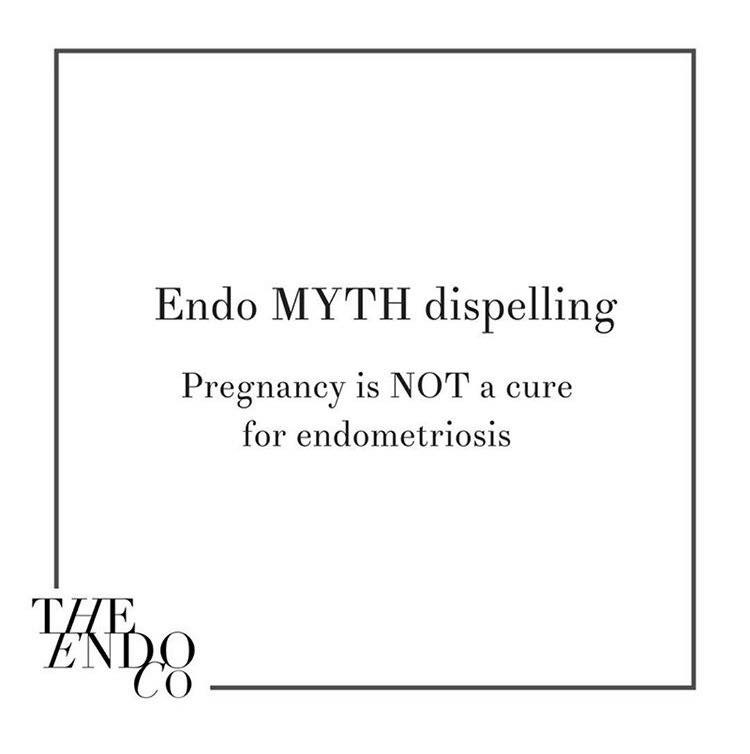Patient advocacy in the age of social media

By Elizabeth Schiavoni, a freelance medical and science writer.
Registered Nurse Jenneh Bockari and trained researcher Natalie Archer met on Instagram. After years of living with endometriosis, a painful and commonly misunderstood chronic condition, they turned to online communities for support and education.
Today, they are educating others through their nonprofit, The Endometriosis Coalition. With The Endo Co, they provide women up-to-date information about the disorder and current and past treatments. Their goals are to accelerate diagnosis time and prevent suffering from ineffective treatments. In addition, they are calling for more research and clinical trials for treatments to be done. The first step to achieving their objectives? Start a conversation.
“What we’re trying to do is to get women to feel confident and empowered and talking about how endometriosis affects them,” Jenneh said about Endo Co’s mission. “Part of why awareness is so poor is because women don’t feel comfortable talking about it,” she added. Often, women’s pain is taken less seriously in medical settings.
According to the Endometriosis Foundation of America, 10 percent of women in the U.S. live their entire lives with endometriosis. The condition arises when tissue similar to the lining of the uterus grows in other areas of the body. This can lead to painful inflamed lesions and scar tissue. The average time between symptom onset and diagnosis is 10 years. “The lack of awareness is pervasive,” Natalie said when describing how healthcare professionals overlook endometriosis as a possible diagnosis. Jenneh added: “The first time I ever heard the word endometriosis was when I was diagnosed.” And, she explained: “If I don’t know about it as a healthcare professional, how could a lay person know?”
Jenneh was diagnosed after four years of having symptoms and eight years of working in nursing. Natalie was diagnosed after noticing symptoms for eight years, doing extensive personal research, and finally tracking down a specialist. As they began their endometriosis journeys, they became frustrated with the lack of information available to them as women working in science and medicine.
“If we could see negative results or negative research that would be really useful for physicians and women.”
There was not only an absence of information about the disorder, but of therapies and treatments. The two agree that clinical trials are needed to show whether or not hormone suppression, birth control, and other medications prescribed to women with endometriosis are effective for managing symptoms. Both Jenneh and Natalie have experienced problems with symptom management treatments.
Unfortunately, clinical trials with negative results are less likely to be reported. Jenneh, Natalie, and their communities would want to know immediately if there were negative clinical trial results showing treatments are not effective. As Natalie put it: “If we could see negative results or negative research that would be really useful for physicians and women.”

In search of support and reliable information, Jenneh and Natalie went online. They began spending time on Facebook groups like Nancy’s Nook, an online endometriosis community created by another registered nurse. Natalie started a public Instagram account to document life with the condition. And it was there, on Instagram, where she and Jenneh began following each other. They started exchanging messages about what they wanted to achieve for the endometriosis community; circulating accurate information and dispelling myths. And there are many myths about the disorder. One misconception? That endometriosis pain is only present in the pelvic region. Jenneh has a rare form of endometriosis and suffers from inflamed tissue in her chest cavity. As their friendship and solidarity in combatting misinformation solidified, they created The Endo Co.
Shortly after starting their organization in 2017, the duo partnered with jewelry manufacturer Motif to raise funds. They designed a bracelet consisting of a plain metal band with a knot. Each knot is unique and represents a woman’s individual experience with endometriosis.
“For me it feels like the knots in my stomach of endometriosis,” Natalie remarked. Jenneh added: “I’ve had so many conversations of compliments that segue into talking about endometriosis.” They reached out to actress Lena Dunham, who has been vocal about her battle with endometriosis, to amplify the message of their bracelet and organization.
Now, months later, Jenneh and Natalie have come full circle. They have given women an online space and the tools they need to talk freely and openly about their chronic condition. They have built upon the online communities they first visited at the start of their endometriosis journeys. Their work does not come without its challenges. They wrestle with striking a balance between being upbeat and realistic in order to be supportive. They value and look for inspiration in the work of Dr. David Redwine for Endopaedia, and the website for The Endometriosis Foundation of America.

Natalie Archer and Jenneh Bockari are the co-founders of The Endometriosis Coalition. To learn more about them, visit their website: https://theendo.co/. Follow Natalie’s public Instagram @living_with_endometriosis. And, like Endo Co on Facebook and follow them on Twitter @theendoco.
